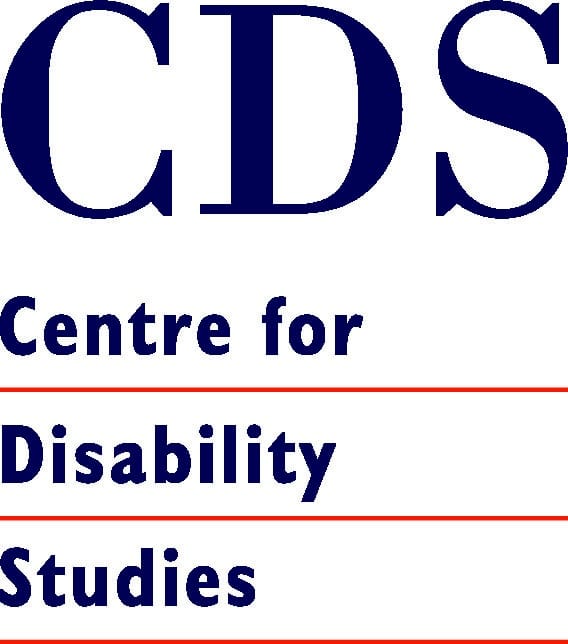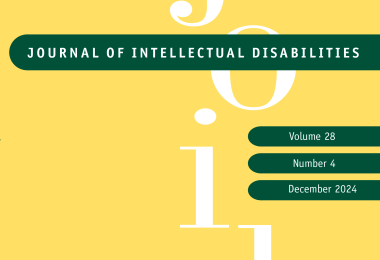Inclusive employment for people with intellectual disabilities: what more needs to be done?
Access to employment is one of the key areas that could ensure inclusion and empowerment of people with disabilities particularly for people with intellectual disabilities. But people with intellectual disabilities have very limited opportunity to access employment. The United Nations Conventions on the Rights of Persons with Disabilities (UNCRPD) specifically urged to ensure employment of people with disabilities. However, countries that ratified this convention are still behind on taking necessary actions to implement the guidelines of UNCRPD especially for employment of people with intellectual disabilities.
Researchers, disability advocates, and experts explain that an employment opportunity for a person with an intellectual disability might improve their quality of life, provide financial independence, improve self-confidence and realise their potentials. It can further support them to access social networks and meeting people outside of their living places, improve communication and negotiation skills. Moreover, once a person with an intellectual disability could access the employment market, the negative perceptions against people with intellectual disabilities could be reduced.
However, most people with intellectual disabilities experience multiple barriers to access the employment market. Some of these barriers include lack of education, perceived low skills, lack of customised opportunities to work, severe stigma and prejudice against people with intellectual disabilities. A lack of understanding among staff of organisations about the expectation of people with intellectual disability, disability unfriendly digital platforms to apply for jobs and hiring processes and lack of inclusive employment policies are further barriers. Moreover, when some people with intellectual disabilities access the employment market they are employed as a casual basis or part time staff and receive insufficient mentoring support in their workplace.
To promote inclusive employment opportunities for people with intellectual disabilities, Centre for Disability Studies (CDS) at the University of Sydney, Australia, has an inclusive approach to assist people with intellectual disabilities. This inclusive approach is based on several components:
- CDS employs staff with intellectual disabilities to understand and explore the needs of the people with intellectual disabilities in the workplace
- CDS provides non-credit higher education opportunities for people with intellectual disabilities through its award winning uni2beyond program at the University of Sydney, Australia. CDS organises social events and regular social catch-ups to support people with intellectual disabilities to socialise, interact with each other and build confidence.
- CDS provides skills enhancement opportunities to people with intellectual disabilities through individual capacity building/training support. For effective communication and to make sure participants with intellectual disabilities understand the content, an easy read version of the text is developed and used for any communication and training purposes.
- CDS has years of experience to build partnerships with industries for promoting internship for people with intellectual disabilities. CDS actively works to orient organisations about the need of a person with an intellectual disability in the workplace. We further ensure that staff who work directly with the staff with intellectual disabilities have disability awareness and provides mentoring support.
- CDS also maintains a positive and ongoing relationship with the host organisation and interns with intellectual disabilities during the overall experiences of internship.
- CDS further support people with disabilities to access for permanent jobs in different sectors of their interests.
Although CDS is promoting inclusive employment opportunities to people with intellectual disabilities, but it requires further interventions from multiple stakeholders especially from the government level. Based on the experiences, CDS offers a range of recommendations such as
- developing disability friendly employment policies,
- ensuring an inclusive job advertisement and recruitment processes,
- taking necessary measures for disability awareness training for recruiters,
- ensuring inclusive induction plans for people with intellectual disabilities,
- assisting continuously during on the job training,
- supporting for engagement within the existing work environment,
- creating an enabling environment within the organisation,
- and initiating employee specific mentoring support within the host organisation.
Policy level interventions are critically important for the employment of people with intellectual disabilities. The government needs to allocate sufficient budget to ensure customised and quality education of people with intellectual disabilities, capacity development and skills enhancement so that people with intellectual disabilities can access the employment market.
Dr. Debashis Sarker, Lead, Inclusive Education, Centre for Disability Studies (CDS), the University of Sydney, Australia.
Contact email: debashis.sarker@sydney.edu.au





